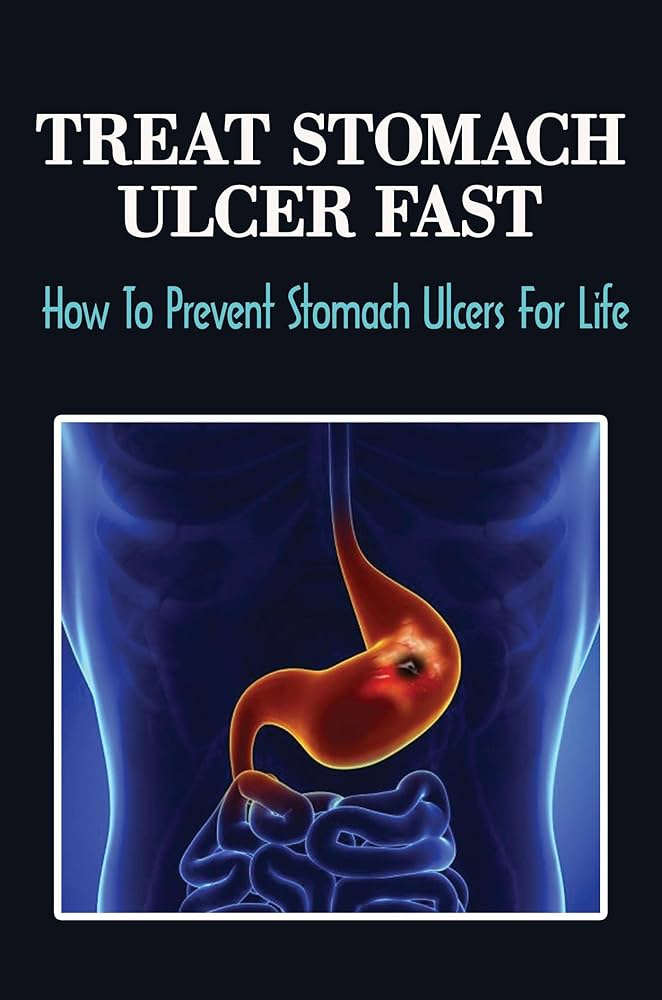
Living with ulcers can be a challenging experience, impacting not only physical health but also emotional well-being. In this blog, we will share personal stories from individuals who have faced the struggles of ulcer disease. Their journeys highlight the challenges they encountered, the coping strategies they developed, and the insights and advice they have for others living with similar conditions. Additionally, we will provide encouragement and resources for support.
Sharing Personal Experiences from Ulcer Patients
1. Sarah’s Journey with Peptic Ulcers
Sarah, a 34-year-old teacher, experienced intense abdominal pain that led her to the doctor, where she was diagnosed with a peptic ulcer. The diagnosis was a shock to her, as she had always considered herself relatively healthy.
“I thought I was just stressed out from work. When the doctor mentioned ulcers, I felt a wave of fear. I didn’t even know what that meant for my lifestyle,” Sarah recalls.
2. Mark’s Battle with Mouth Ulcers
Mark, a 28-year-old graphic designer, has struggled with recurrent mouth ulcers for years. He often felt embarrassed and frustrated, especially when the ulcers flared up during important work presentations.
“It was painful, and I always worried about how it would affect my work. I started tracking what I ate and found that certain foods triggered my ulcers,” Mark explains.
Challenges Faced and Coping Strategies
Living with ulcers comes with a range of challenges, including managing pain, dietary restrictions, and emotional stress. Here are some common challenges faced by patients, along with the strategies they employed to cope:
Pain Management
Many ulcer patients experience significant pain that can interfere with daily activities. For Sarah, managing her pain was a top priority. She found relief through medications prescribed by her doctor, but she also discovered the benefits of alternative therapies.
“I started practicing yoga and meditation, which really helped me manage my stress levels and the pain. It became a part of my daily routine,” Sarah shares.
Dietary Adjustments
For Mark, learning which foods triggered his mouth ulcers was essential. He worked closely with a nutritionist to create a diet plan that minimized flare-ups.
“I eliminated spicy foods and caffeine. I focused on incorporating yogurt and leafy greens, which seemed to help. It was a journey, but I learned to listen to my body,” Mark notes.
Insights and Advice for Others
Embrace Your Support System
Both Sarah and Mark emphasize the importance of seeking support from family and friends. Sarah shares how her partner helped her through difficult times, while Mark found solace in a support group for individuals with similar experiences.
“Don’t be afraid to lean on others. Sharing your struggles can really lighten the burden,” Sarah advises.
Educate Yourself
Mark stresses the importance of understanding your condition. “Knowledge is power. The more you know about your ulcers, the better you can manage them. I read everything I could find and talked to my doctor about what I could do.”
Be Patient with Yourself
Living with ulcers can be a long and sometimes frustrating process. Sarah encourages others to be patient and kind to themselves. “Healing takes time, and it’s okay to have setbacks. Just take it one day at a time.”
Encouragement and Support Resources
For anyone living with ulcers, remember that you are not alone. Here are some resources that can offer support and encouragement:
- Support Groups: Many organizations provide online forums and local support groups where individuals can share their experiences and coping strategies.
- Educational Websites: Websites like the American Gastroenterological Association offer valuable information on ulcers, treatments, and lifestyle adjustments.
- Counseling Services: Talking to a therapist or counselor can help individuals cope with the emotional aspects of living with chronic conditions.
- Nutritionists and Dietitians: Professionals can help create personalized meal plans that accommodate dietary needs related to ulcers.
Conclusion
Living with ulcers presents unique challenges, but personal stories like Sarah’s and Mark’s highlight the resilience of individuals facing this condition. Through pain management, dietary adjustments, and the support of loved ones, they found relief and improved their quality of life. If you or someone you know is struggling with ulcers, remember that there is hope and help available. Reach out for support, educate yourself, and embrace a journey toward healing and wellness.

